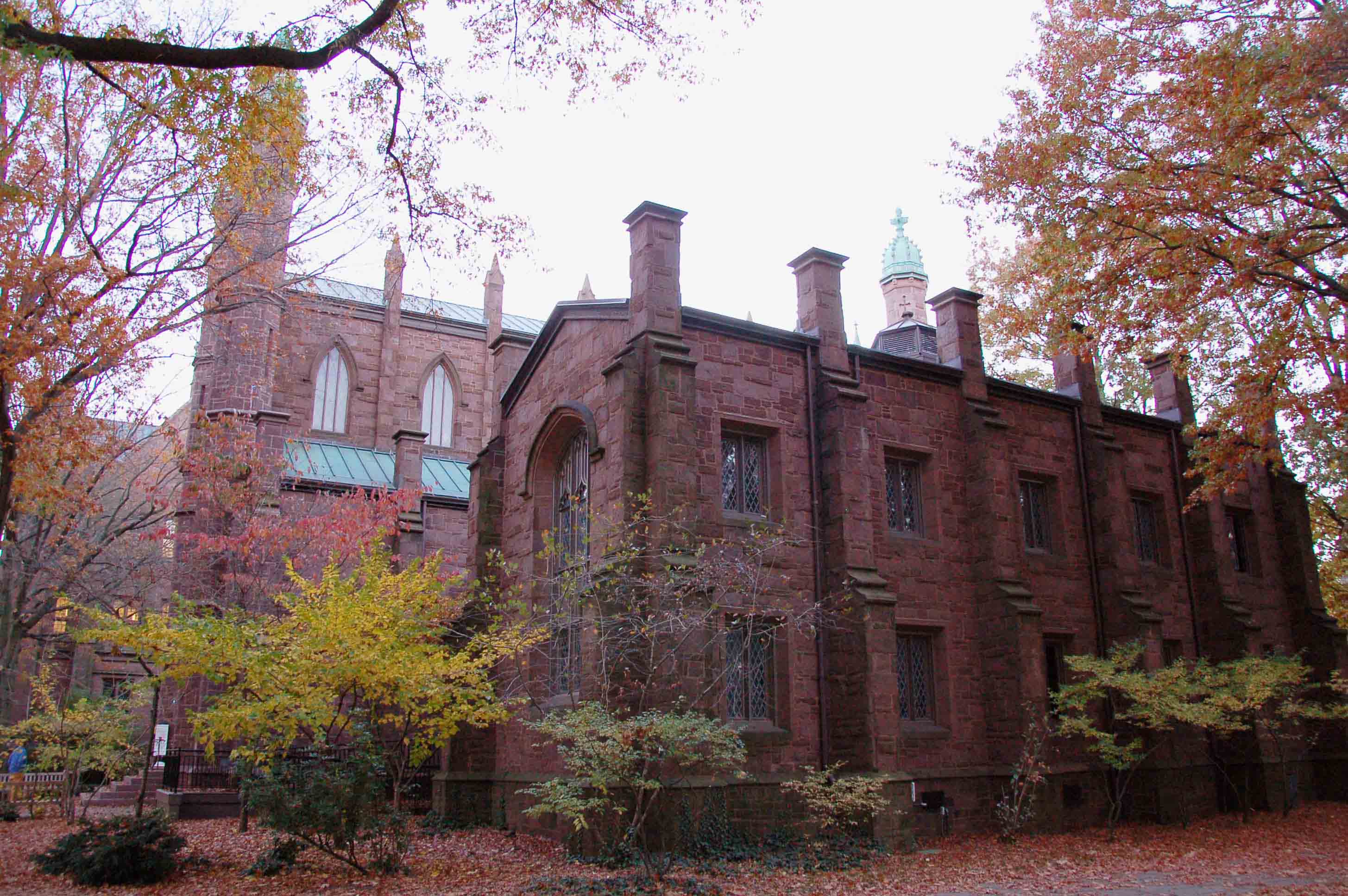
Putting aside an ancient rivalry, a group of Yale students is working closely with the leadership of a shelter run by Harvard students for homeless youth in Cambridge, Massachusetts to plan a similar project in New Haven.
The group — led by a group of six undergraduates and graduate students, with help from ten undergraduates serving as work stream leaders to manage the project’s more detailed aspects — is working toward the goal of opening Youth-To-Youth or Y2Y New Haven, a student-run youth homeless shelter with 15 to 20 beds, to be located in the basement of the New Haven-based nonprofit Youth Continuum at 924 Grand Avenue.
“Currently, there are six beds [in New Haven] for young people experiencing homelessness,” said Harry Seavey ’19, a member of Y2Y New Haven’s founding team. “What we’re doing will only be putting a dent in the larger problem, but what we’re thinking is that there are so many kids experiencing homelessness in New Haven that ultimately, they will hear about what we’re doing and those beds will ultimately be full.”
The group grew out of the Yale Hunger and Homelessness Action Project. But due to the large scale of the undertaking and the logistics of fundraising, the Y2Y project is becoming “increasingly independent,” according to YHHAP Executive Director Jackson Willis ’19.
Willis said youth homelessness differs from the broad issue of homelessness in several ways, including its causes. A shelter specific to young adults can “consolidate resources” to better serve the group, he added.
These concerns rose to the attention of YHHAP’s advocacy branch about two years ago, when the members identified youth homelessness as a local problem they wanted to address.
“YHHAP does a lot projects related to poverty alleviation, and most of them are direct measures, but they don’t necessarily deal with structural or long-term problems in a way that [a shelter does],” Willis said. “If you had a shelter, you could actually make a dent in the underlying amount of homelessness. That was the interest on YHHAP’s part, and that’s why it felt like a very important undertaking for advocacy to pursue.”
Students affiliated with the group then began to study the model of Y2Y Harvard Square, a youth homeless shelter in Cambridge run by Harvard students that opened its doors in 2013, Seavey said. The students also met with representatives from Youth Continuum, who offered their basement — which the state had given them $700,000 to renovate — as a potential location for the shelter.
Last May, the student team “solidified” its relationships with both organizations and began to explore funding avenues and brainstorm program models, Seavey said.
Sam Greenberg, a co-founder of Y2Y Harvard Square who now lives part time in New Haven to advise and assist the Y2Y New Haven team, said other student groups from colleges across the country also expressed an interest in replicating the youth-to-youth model being used in Cambridge. However, Greenberg said, the New Haven effort stuck out from the crowd because of the history of Yale students’ efforts to combat homelessness, the “real need” for a youth shelter in the area and the students’ attitude about the initiative.
“We really liked the way they were approaching the work,” Greenberg said, “in terms of just being really intentional and thoughtful, and asking a lot of questions and not coming in with their own answers.”
Greenberg said the “last checkbox” for formalizing the partnership between Y2Y Harvard Square and the potential New Haven shelter was determining whether there was “real, deep student interest” — something that was confirmed by a well-attended information session last spring. Now, Greenberg is assisting with project feasibility, supporting students as they reach out to the New Haven community and relaying insight gleaned in Cambridge.
Also working with the Y2Y New Haven team is Dwight Hall, the project’s “on-campus partner,” according to Seavey. Dwight Hall co-coordinator Serena Ly ’20 said the institution’s main role in the partnership is “making sure they have a sustainable model, work with community organizations, are financially stable and are ultimately properly identifying a community need and addressing that need.”
Willis said YHHAP “will continue to work closely with Y2Y” and that he is excited about the “potential for collaboration” between the two groups.
Moving forward, the Y2Y New Haven team plans to focus on several “hard and fast goals,” Seavey said. These include finding sources of funding, establishing ties with the New Haven community and expanding Y2Y’s presence on campus.
“We want this to be something that the community wants, and the community feels it needs,” Seavey said. To do that, the team is planning to form an advisory board of 10 to 20 faith leaders, community leaders, politicians and community activists in New Haven to meet once a month.
Y2Y New Haven will maintain two or three full-time interns in New Haven over the summer months to work on fundraising and program model details, and to attend community partner meetings, Seavey said.
The overall timeline for the project has been “much-discussed” within the team, Seavey said. But because so much is contingent on uncontrollable factors — such as funding and partnerships — the team is hesitant to set a public date for the opening at this moment.
“We’re still in the feasibility stages of the project,” Seavey said. “We want to make sure this is something the community needs and wants. We’re still looking at this as something that may or may not happen. Ultimately, we’re really confident it’s going to happen, but we’re careful not to make promises we can’t keep.”
According to estimates by the Connecticut Coalition to End Homelessness, approximately 587 homeless people under the age of 25 lived in New Haven last year.
Asha Prihar | asha.prihar@yale.edu







